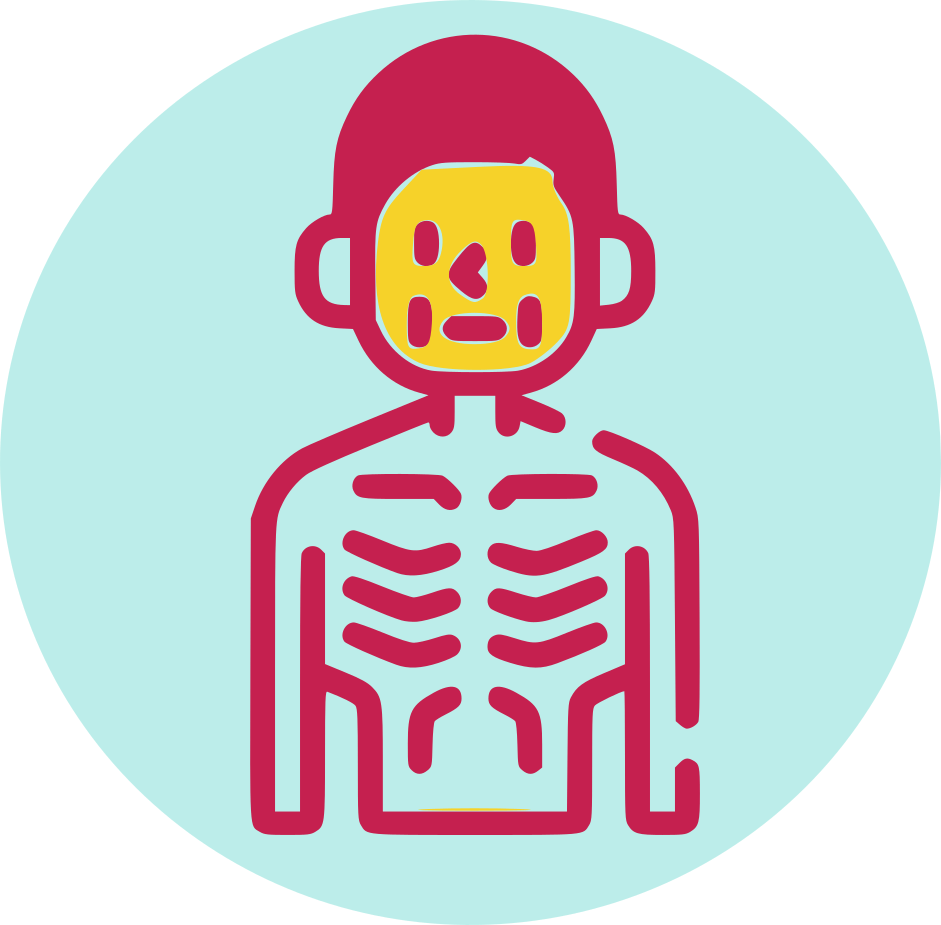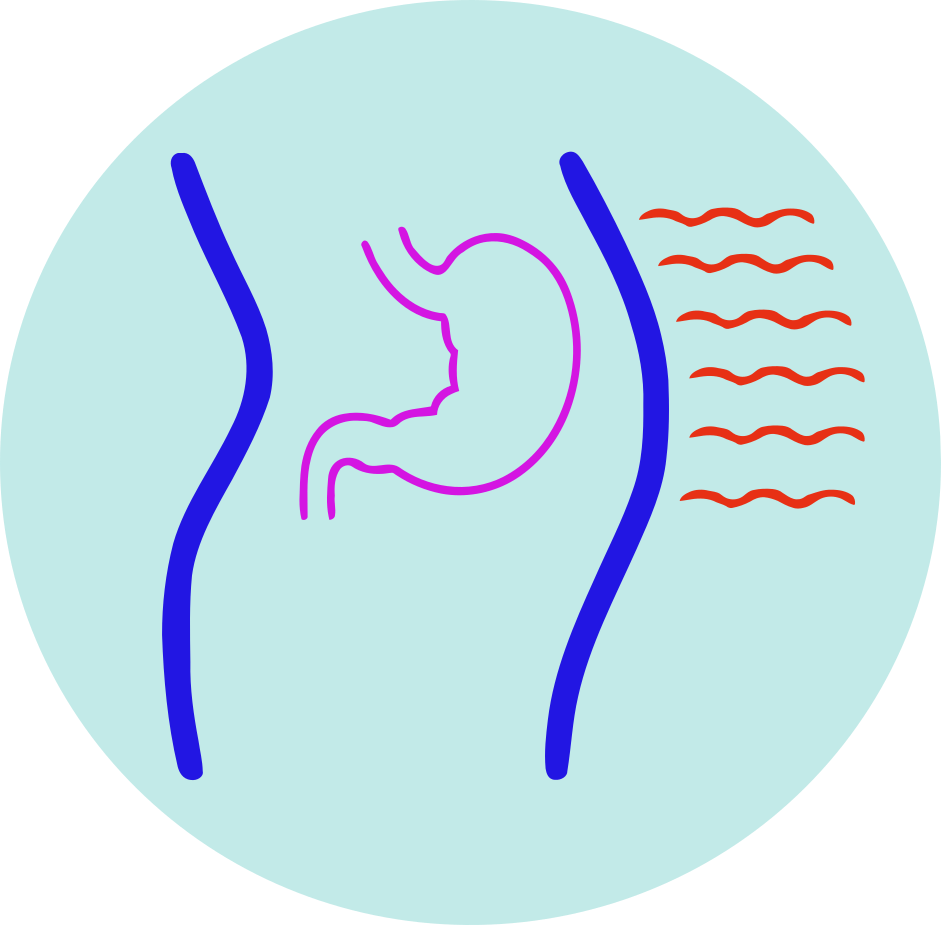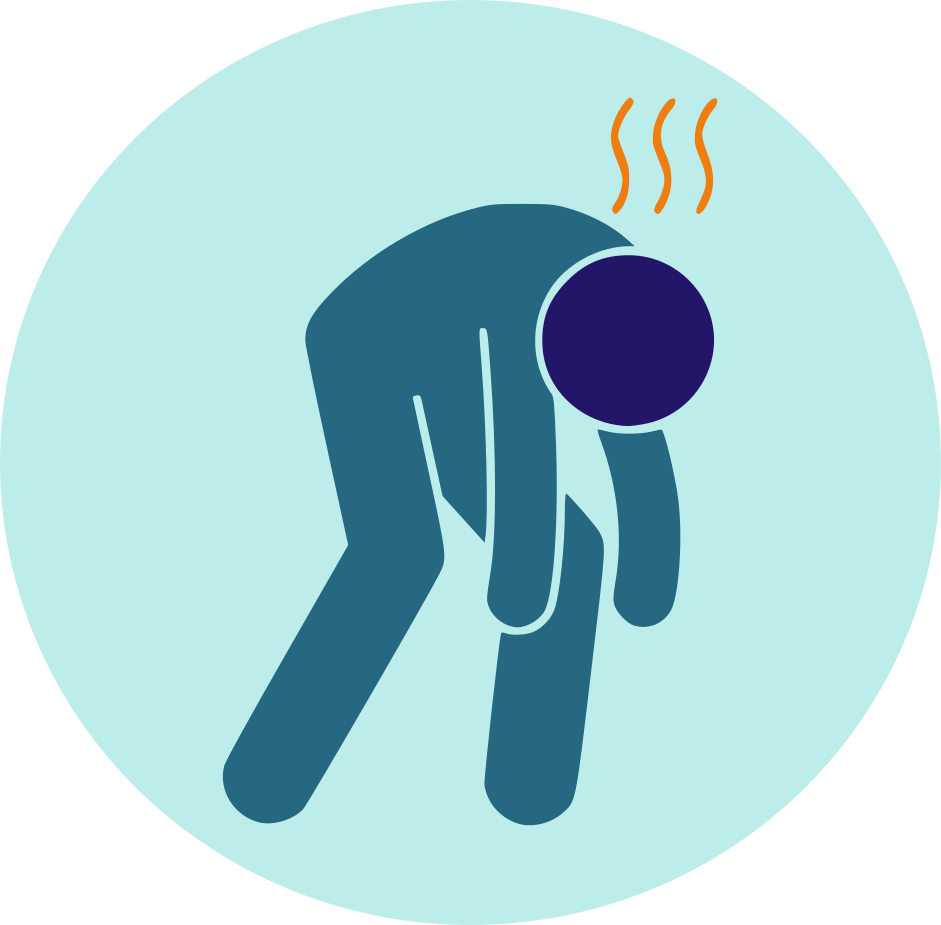| Name | Inositol |
| Classes |
Nutritional Supplement |
| Diseases |
ADHD Autism Depression High Cholesterol Insomnia (Difficulty in Falling asleep) Mental Disorder Nerve Pain Panic Attack |
Bangla
Inositol
Inositol is a naturally occurring sugar alcohol that belongs to the class of nutritional supplements. Inositol plays a role in cellular signaling and is involved in the second messenger system. It serves as a precursor for various signaling molecules, impacting neurotransmitter function and insulin signaling. Inositol is also crucial for cell membrane structure and function.
Inositol is indicated as a dietary supplement for various conditions, including mood disorders, anxiety, and polycystic ovary syndrome (PCOS). It may also be used to support overall mental health and well-being.
- Dosage may vary based on the specific condition being treated and individual patient needs.
- Consult with a healthcare provider for personalized dosing recommendations.
Adverse reactions are listed in decreasing order of frequency:
- Gastrointestinal Distress (e.g., nausea, bloating)
- Dizziness
- Insomnia
- Headache
- Allergic Reactions (rare)
- Fatigue
- Pregnancy and Breastfeeding: While inositol is generally considered safe, pregnant or breastfeeding individuals should consult with a healthcare provider before using.
- Interaction with Medications: Inositol may interact with certain medications, including lithium. Discuss all current medications with a healthcare provider before starting inositol supplementation.
- Monitoring: Regular monitoring of symptoms and overall well-being is advisable during inositol supplementation.
- Allergic Reactions: Individuals with a known allergy to inositol or related compounds should avoid its use.
- Blood Pressure: In cases of hypertension or cardiovascular conditions, monitor blood pressure regularly, as inositol supplementation may affect blood pressure.
Contraindication
Contraindicated in individuals with a known allergy to inositol or related compounds.
None known.
None known.
 Bangla
Bangla English
English



